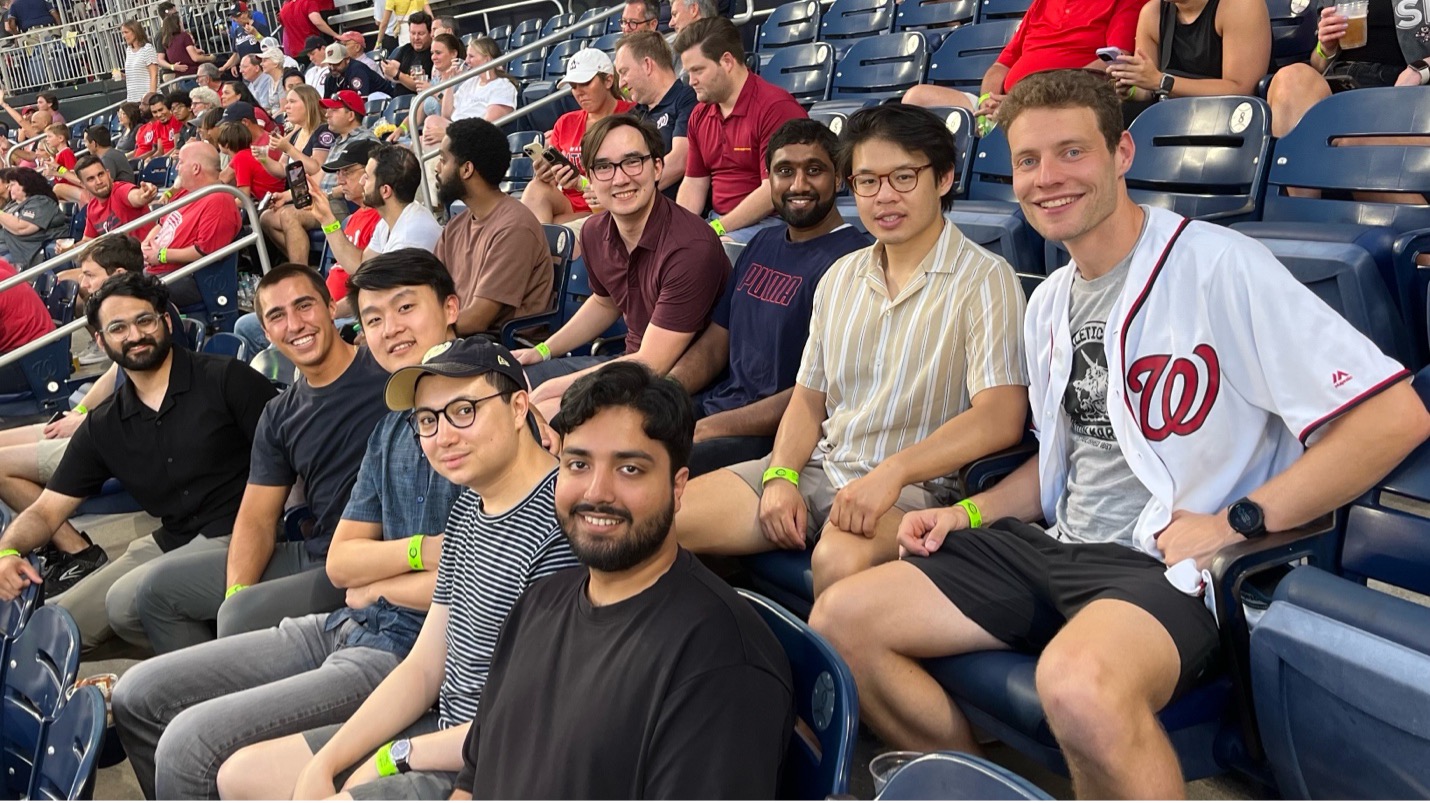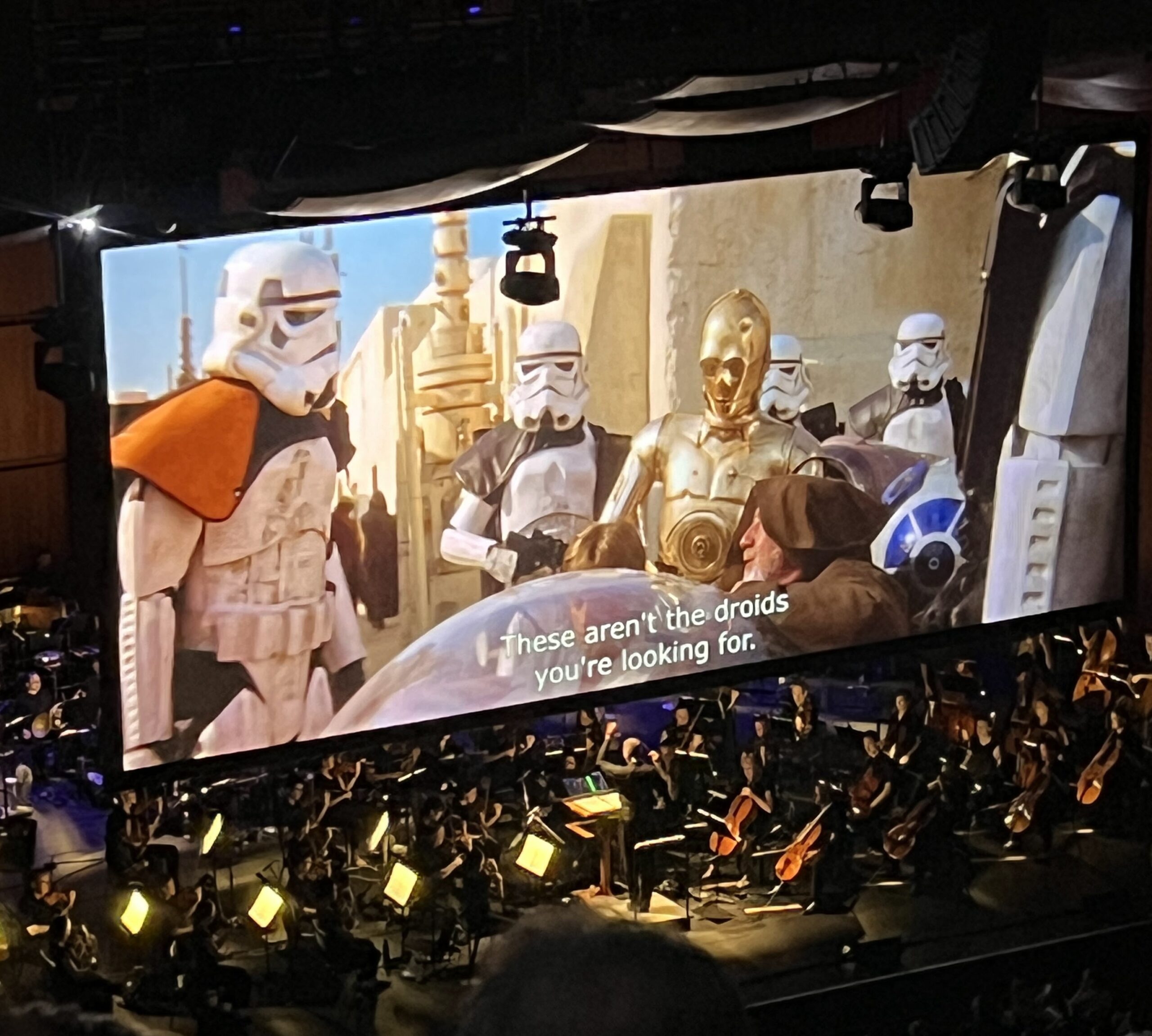If you have been paying attention to the systems and algorithms Expedition Technology (EXP) has been developing over the past few years, you know we strive to be at the forefront of applied machine learning, especially deep learning, for signals and images. Doing so is a high bar due to the exponential growth of the number of publications and conference attendance, as, for example, shown in detail in the 2019 AI Index Report and excerpted in the figure below.

It is a full time job just to keep up with the titles of publications in this deluge of information. But it is also key to our business strategy as we grow into a leading advanced machine learning company for applied R&D to the US Government. While hiring smart and broadly educated folks is an important first step, the lifetime learning required to stay up to date with this torrent requires a strategy of continual learning.
Our approach for digesting this information-overload, adopting the best ideas into our solutions, leveraging the community to develop our own novel approaches, and sharing our results in computer vision and signal processing with the greater community, is necessarily multi-faceted. Our staff attends numerous community conferences, actively monitor the arXiv, regularly discuss the details of the most interesting articles in our company’s varied IM channels, organize repeating seminars on big topics of interest (e.g. Geometric DL) and hold informal lunch-time discussions of what we’re working and struggling through, including having our interns give talks on what they’ve learned.
An additional very important component for optimizing active learning in our grey matter is the Journal Club, a hold-over from our collective academic and research institution experience that is essential for knowledge sharing in the dynamic environment at EXP. Because our interests and projects goals are so diverse, our strategy for our own Journal Club is to allow any general geeky topic of interest – algorithms and physics to math, engineering and design are free game. Our first one was about Parsey McParseface and we’ve had discussions on neural architecture search strategies, event based cameras, hierarchical representations, Alpha Go, information theory, spectral norm regularization and dozens of other topics at a rate of about one a month.


While the Journal Club is a great place for the team to take a break from their regularly scheduled work day and think deeply about recent research, it’s an even better opportunity for the individual who has (been) volunteered to present results of the paper(s) and facilitate a lunch-time learning on it. While the reviewer need not understand all the details of the paper in question (usually impossible anyway since researchers rarely include all the details needed to understand their topic in the arXiv paper), they do need to understand it well enough to provide a high-level summary as well as the context in the greater community on why it’s important. Indeed, many of our speakers volunteer to present a topic because they don’t understand the results at all and would like to take a weekend to try and figure it out.
Regularly, questions about the article arise for which nobody knows the answer, leading to a flurry of post-lunch reading, hallway discussions, cross-postings from arXiv and, sometimes in the long term, applications of results from the article to our customers’ problem. Their successes or failures in the fires of our projects are shared in project reviews and over Friday bagel discussions, continually improving our community knowledge.
We continue to modify our approach to continual learning at EXP as we grow, and expect it will change in the future. But, for now, the Journal Club is an essential component of our philosophy.
Think this is an environment you’d enjoy? Want to give your own EXP Journal Club talk? Drop us a line or apply to one of our open positions!






